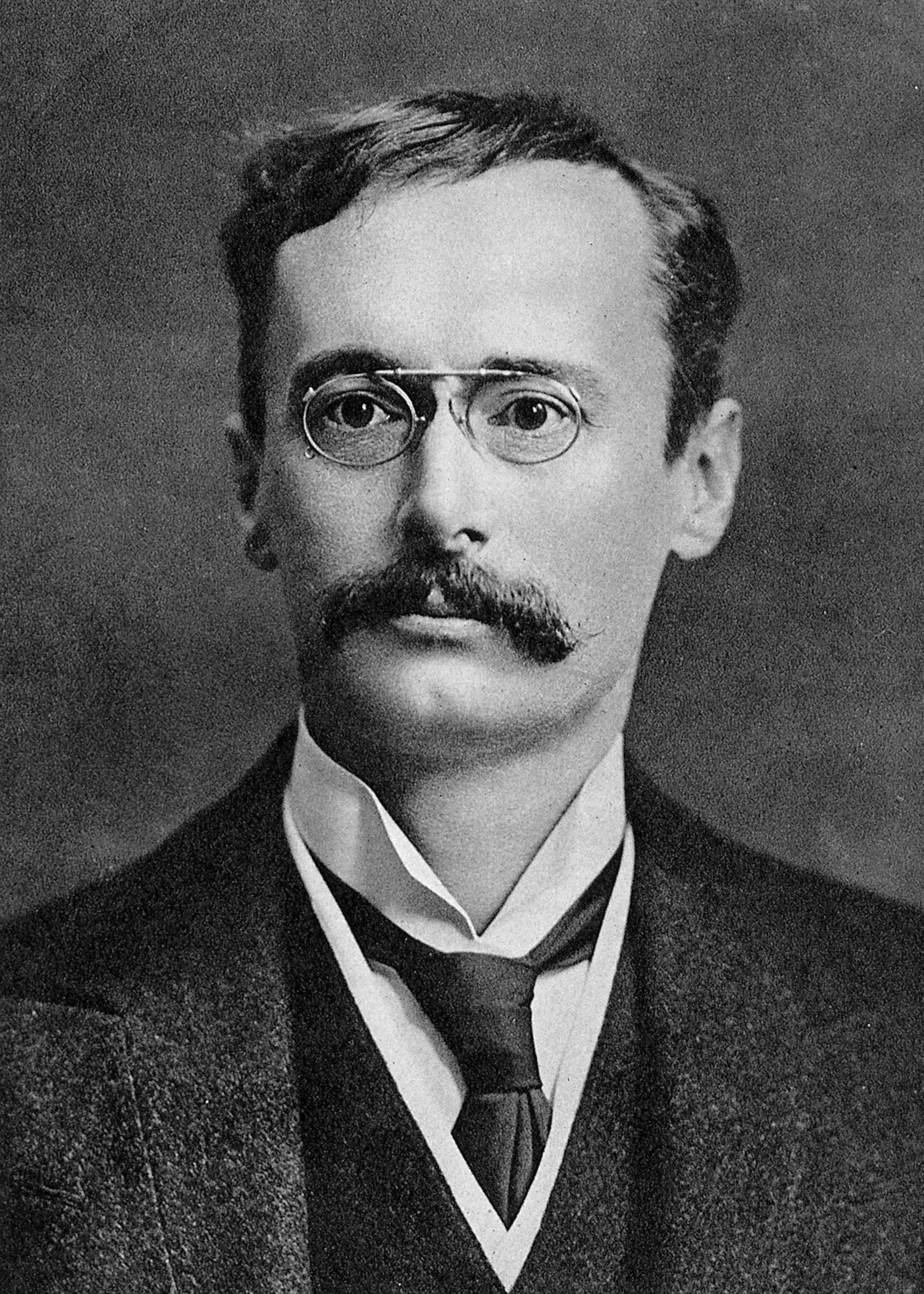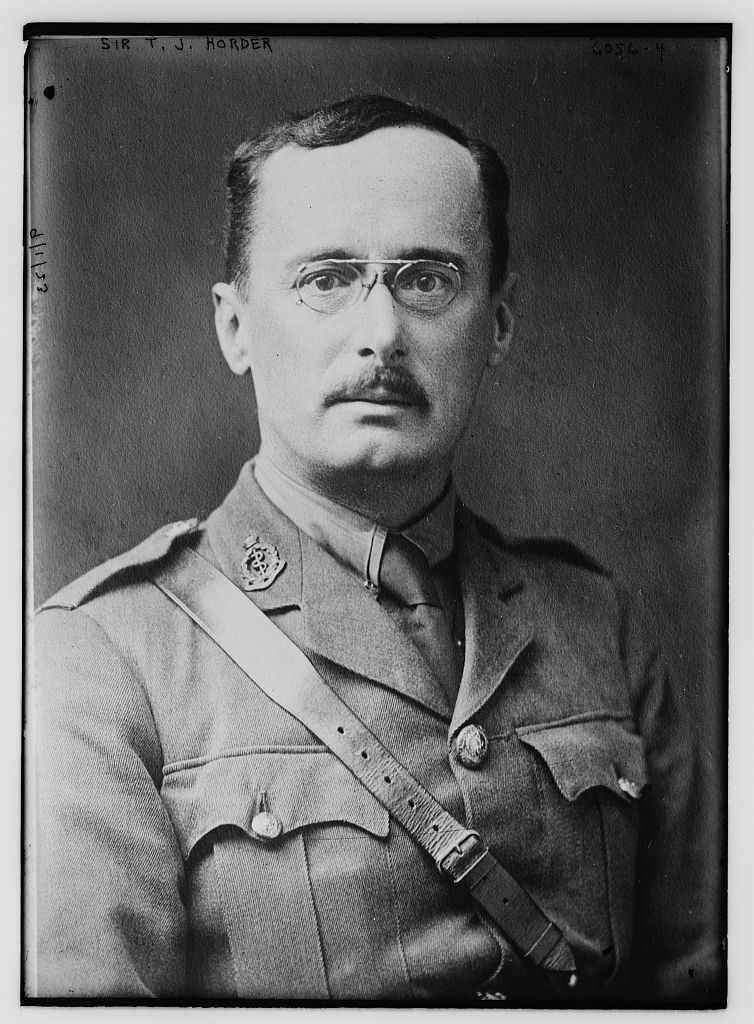 Thomas Jeeves Horder was born at Shaftesbury in Dorset on 7 January 1871. As a teenager he developed a "lung problem" and was sent to the healthy atmosphere of his uncle’s farm in Wiltshire for two years. The local GP there encouraged him to study medicine and he took Mr Brigg's correspondence course to prepare for the entrance examination to London University. Interestingly, his biology tutor on this course was the famous science fiction writer, HG Wells.
Thomas Jeeves Horder was born at Shaftesbury in Dorset on 7 January 1871. As a teenager he developed a "lung problem" and was sent to the healthy atmosphere of his uncle’s farm in Wiltshire for two years. The local GP there encouraged him to study medicine and he took Mr Brigg's correspondence course to prepare for the entrance examination to London University. Interestingly, his biology tutor on this course was the famous science fiction writer, HG Wells.
Horder won an entrance scholarship to St. Bartholomew’s Hospital where he subsequently won junior and senior scholarships in anatomy and physiology, and then the Brackenbury and Lawrence scholarships. In 1912, he became assistant physician to St Bartholomew's and full physician in 1921.
During the First World War, he served in the Royal Army Medical Corps, at the 1st London General Hospital and also at a base hospital at Abbeville on the Western Front.
Sir Thomas was said to have been one of the great diagnosticians. He made his name by diagnosing King Edward VII's illness in 1910. Other well-known London doctors had diagnosed glycosuria, Horder, with more careful observation, realised the changes in the urine were actually due to his Majesty's patent arthritis medicine. This, and the fact he did not suffer fools (including his seniors) did not endear him to the medical elite. However, he was doctor to every British monarch, from Edward VII to Elizabeth II (with the exception of the briefly reigning Edward VIII), two prime ministers (Ramsay MacDonald and Bonar Law) and the Labour Party leader Hugh Gaitskell.
 Horder was knighted in 1918, was created a Baronet in 1923 and a peer, Baron Horder of Ashford in 1933. During the Second World War he worked on the government committees for Air Raid shelters and on the national wartime food policy.
Horder was knighted in 1918, was created a Baronet in 1923 and a peer, Baron Horder of Ashford in 1933. During the Second World War he worked on the government committees for Air Raid shelters and on the national wartime food policy.
Hence, the second president of the urology section was not a urologist, but a physician. This was an early demonstration that the new section was not a closed specialist surgical club but open to all with an interest in genitourinary disease.
In Peter Freyer's presidential year, he had presented, at the October meeting of the section, a paper on the surgical treatment of nephritis by decapsulation, working with his surgical colleague, Sir D'Arcy Powers at St Bartholomew's. His own presidential address was on medical aspects of urological disease, where he spoke of the importance of surgeons and physicians working together on the care of urology patients.
Baron Horder retired to Steep, near Petersfield in Hampshire, where he died on 13 August 1955 of a coronary thrombosis. In his last hours he was said to have given a precise commentary on his symptoms, as if he was teaching his students.
Read Sir Thomas's presidental address